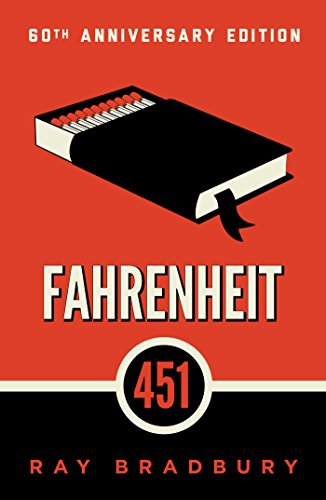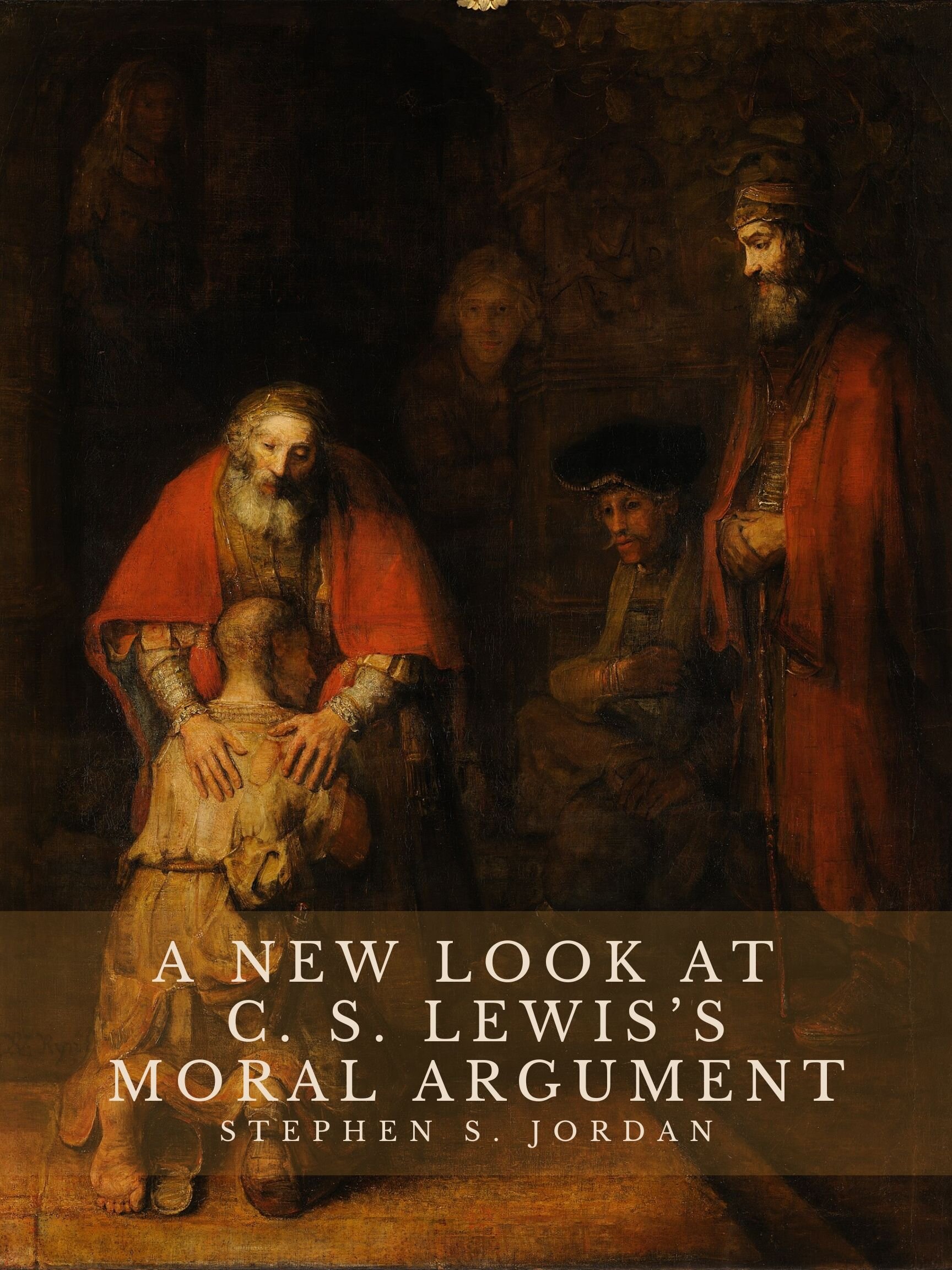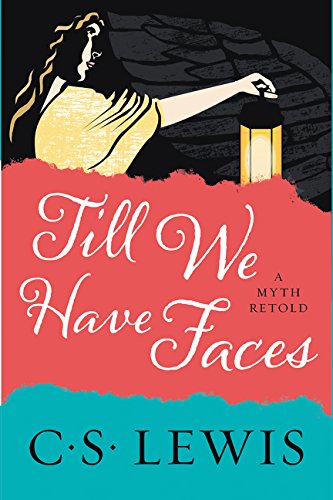by Stephen S. Jordan
Mankind’s Inability to Keep the Objective Moral Law
Lewis’s first point acknowledges the existence of an objective moral law; his second point is this: “None of us are really keeping [it].”[1] These two concepts are so deeply ingrained within his version of the moral argument that he claims:
These, then, are the two points I wanted to make. First, that human beings, all over the earth, have this curious idea that they ought to behave in a certain way, and cannot really get rid of it. Secondly, that they do not in fact behave that way. They know the Law of Nature; they break it. These two facts are the foundation of all clear thinking about ourselves and the universe we live in.[2]
Much has already been said about the first concept –“they know the Law of Nature [sic]”; the rest of this section will deal with the second – “they break it.” His second point is not a judgmental one that only applies to others; he is “quite willing to admit that he belongs among the moral lawbreakers.”[3] In fact, he admits “. . .that this year, or this month, or, more likely, this very day, we have failed to practice ourselves the kind of behaviour [sic] we expect from other people.”[4]
Lewis claims what is obvious to any rational human being: no one perfectly adheres to the objective moral law. In fact, one of the “most natural thing[s] in the world [is] to recognize that human beings are imperfect and fall short of moral ideals.”[5] Lewis observes that moral failure, or “falling short,” elicits a sense of guilt in all humans,[6] moments when,
…all these blasphemies vanish away. Much, we may feel, can be excused to human infirmities: but not this – this incredibly mean and ugly action which none of our friends would have done, which even such a thorough-going little rotter as X would have been ashamed of, which we would not for the world allow to be published. At such a moment we really do know that our character, as revealed in this action, is, and ought to be, hateful to all good men, and, if there are powers above man, to them.[7]
Guilt serves as a trigger that alerts one to his own failure to do what ought to have been done in a particular situation.[8] Psychologists define it as “moral transgression in which people believe that their action (or inaction) contributed to negative outcomes.”[9] Guilt “has long been considered the most essential emotion in the development of the affective and cognitive structures of both conscience and moral behavior.”[10] Even “the atheist feels guilt (accompanied by dread) when he recollects his violation of the moral law. Even he can feel the law’s inexorable demands.”[11]
If there is an objective moral law and it is clear that all men fail to adhere to its demands, it seems odd that one would experience guilt before such an abstract, impersonal moral code. Rules and principles do not elicit feelings of guilt and shame within individuals; only persons are responsible for this. Does this indicate that there is One behind the objective moral law that is more like a Person than anything else? According to John Henry Newman, “Inanimate things [such as rules and principles] cannot stir our affections; these are correlative with persons. If, as is the case, we feel responsibility, are ashamed, are frightened, at transgressing the voice of conscience, this implies that there is One to whom we are responsible, before whom we are ashamed, whose claims upon us we fear…”[12] Along the same lines, A. E. Taylor states, “When we feel as we ought to feel about the evil in ourselves, we cannot help recognizing that our position is not so much that of someone who has broken a wise and salutary regulation, as of one who has insulted or proved false to a person of supreme excellence, entitled to wholehearted devotion.”[13] If there is indeed a Person behind the objective moral law, then transgression of this law is ultimately an offense directed against the One to whom all persons are responsible.
At this point, Lewis notes, “. . . after you have realized that there is a real Moral Law, and a Power behind the law, and that you have broken that law and put yourself wrong with that Power – it is after all this, and not a moment sooner, that Christianity begins to talk.”[14] Lewis refers to the One behind the Law as “a Power”; it certainly seems that such a being also has to be “a Person” – considering the guilt and shame that individuals experience when they transgress the objective moral law.
Mankind’s inability to adhere to the moral law is ultimately transgression against the Person behind the law; this is a frightening position for mankind to find himself in. As Lewis says, “He is our only possibly ally, and we have made ourselves His enemies.”[15] Is there any way out of this predicament? The only way out for man is if the divine Person decides to provide a way of rescue. Guilt can only be alleviated by a person; in this case, it can only be cured if the divine Person, the One who has been wronged, God himself, chooses to forgive.[16] Matter, nature, a divine mind or Power, an impersonal force, or some other conception of the divine, cannot forgive; “Only a Person can forgive.”[17]
Although there may be several theistic religions that set forth the notion of a personal God,[18] Christianity stands alone as being able to provide an adequate ground for such a God. Throughout Scripture, God is active. He makes the decision to create (Gen. 1:1), walks in the Garden of Eden (Gen. 3:8), experiences emotions (Is. 61:8), converses with human beings (Job 38-41), loves (Jn. 3:16), displays compassion (Mt. 9:36), judges (Jas. 4:12), disciplines (Deut. 8:5), and performs a host of other person-like acts. In addition to these examples, there are two fundamental reasons why Christianity is unique in its conception of God as a Person: 1) the Trinity; and 2) the Incarnation.[19] These two doctrines are unique to Christianity; the former demonstrates that God has always been personal (consider the interrelationships of the three Persons within the Triune Godhead: Father, Son, and Holy Spirit), whereas the latter reveals that God is an actual Person (Jesus Christ is God “manifested in the flesh”; 1 Tim. 3:16).
The good news that Christianity offers is that God, the “one lawgiver” (Jas. 4:12) who stands behind the objective moral law, the Person who has been transgressed, has decided to offer divine forgiveness to those who choose to accept it (1 Jn. 1:9).[20] Additionally, Christianity provides hope of moral improvement, and even radical transformation, through the indwelling of the third Person of the Trinity, the Holy Spirit (Phil. 1:6).[21] Some think that time cancels sin and will ultimately alleviate guilt, but, as Lewis suggests: “[M]ere time does nothing either to the fact or to the guilt of a sin. The guilt is washed out not by time but by repentance and the blood of Jesus Christ.”[22] Only when one admits his guilt, repents of his sin, and turns to the Person and Work of Christ can he receive God’s divine forgiveness and experience moral transformation – which are the two things that he most desperately needs in light of his moral predicament.
Conclusion
Lewis’s moral argument, in a broad sense, as evidenced in this essay, begins with eight reasons for believing in the existence of objective morality, continues with the obvious fact that mankind is unable to adhere to such a moral standard, and concludes with a discussion of how the Christian God is the only One who is able to account for these realities. The latter half of the essay, an emphasis has been placed on the nature of guilt, which is an objective reality for all who have transgressed the moral law. Because guilt is not elicited by rules and principles, but rather by persons, and since humans experience guilt when failing to adhere to the moral law, the One behind the moral law must be more like a Person than anything else. Finally, the moral predicament that Lewis highlights in his argument – “they know the Law of nature” and “they break it” – is ultimately remedied through God’s offer of divine forgiveness and promise to morally transform all who admit their guilt, repent of their sin, and turn to the Person and Work of Jesus Christ.
Notes:
[1] Lewis, Mere Christianity, 7.
[2] Ibid., 8.
[3] Baggett, “Pro: The Moral Argument is Convincing,” in C. S. Lewis’s Christian Apologetics: Pro and Con, 124.
[4] Lewis, Mere Christianity, 7.
[5] Baggett, “Pro: The Moral Argument is Convincing,” in C. S. Lewis’s Christian Apologetics: Pro and Con, 127.
[6] Lewis, The Problem of Pain, 11.
[7] Ibid., 51.
[8] What if one does not feel guilty when he really is? Or, what if one feels guilty when he is actually innocent? According to David Baggett, “Guilt it is thought, properly attaches to morality in a way it doesn’t to breaking the laws of logic. We don’t feel guilty, and shouldn’t, for making a logical mistake. Maybe we feel silly or even embarrassed, but not guilty. The feeling of guilt, though it can be absent on occasions when we’re still actually guilty and present on occasions when we’re not (which is enough to show these things aren’t identical), more typically points to a real state of guilt.” David Baggett and Jerry L. Walls, God and Cosmos: Moral Truth and Human Meaning (New York, NY: Oxford University Press, 2016), 176.
[9] David A. Cole, Julia W. Felton, and Carlos Tilghman-Osborne, “Definition and Measurement of Guilt: Implications for Clinical Research and Practice,” Clinical Psychology Review, vol. 30 (July 2010): 536-546.
[10] Francesca Gino, Ata Jami, and Maryam Kouchaki, “The Burden of Guilt: Heavy Backpacks, Light Snacks, and Enhanced Morality,” Journal of Experimental Psychology, vol. 143, no. 1 (2013): 414-424.
[11] H. P. Owen, The Moral Argument for Christian Theism (London: George Allen & Unwin Ltd., 1965), 118.
[12] John Henry Newman, An Essay in Aid of a Grammar of Assent (London: Burns, Oates, & Co., 1874), 109.
[13] A. E. Taylor, The Faith of a Moralist (London, England: MacMillan and Co., 1951), 207.
[14] Lewis, Mere Christianity, 31.
[15] Ibid.
[16] Why the need for divine forgiveness? David and Marybeth Baggett provide a helpful response to this question: “As Newman and others in the history of moral apologetics could see, though, there is a limit to how much human relationships can explain. Sometimes guilt doesn’t seem to be connected to any particular human person. At other times the wronged person is no longer around to confer forgiveness. On yet other occasions the wrong seems to be so grievous that no human being likely has the authority to offer forgiveness. In all of these cases, it becomes more plausible to think that forgiveness by God himself is necessary.” David Baggett and Marybeth Baggett, The Morals of the Story: Good News About a Good God (Downers Grove, IL: IVP Academic, 2018), 180.
[17] Ibid., 30.
[18] For example, consider the following discussion found in Clement Webb, God and Personality (London: George Allen & Unwin Ltd., 1918). Judaism: “But it would be absurd to deny that a religion has a personal God which has ever taken as its ideal the great Lawgiver to whom his God ‘spake face to face as a man speaketh unto his friend’” (86). See also Exodus 33:11. Islam: Anthropomorphic language is used of the God of Islam. “But it would seem that the tendency of that teaching is to reduce the personal relations which can exist between man and God to the lowest terms, to those, namely, which may exist between a slave and a master of absolutely unlimited power. Still this is a personal relation, and on the whole it would seem best to describe the God of Mohammedanism as a personal God” (86-87). Eastern religions: “If we may say that the God of much Indian worship is not what we should usually call a ‘personal God,’ we must take care not to imply by this that the Indian’s religion is not his personal concern, for nothing could be less true. Moreover, the important and widely prevalent type of Indian piety known as bhakti is admitted to be devotional faith in a personal God: while Buddhism, which originally perhaps acknowledged neither God nor soul, has produced in the worship of Amitabha, the ‘Buddha of the Boundless Light,’ the ‘Lord of the Western Paradise,’ a form of piety which has seemed to some scholars too similar to the Christian to have originated except under Christian influence” (88).
[19] Human knowledge of the Trinity and the Incarnation is solely understood by way of divine revelation. Humans know what they know about God because God has revealed himself to them. Divine revelation is made possible through communication, which is a personal task that is carried out by persons. According to Carl Henry, “[D]ivine revelation is Christianity’s basic epistemological axiom, from which all doctrines of the Christian religion are derived…” God’s decision to reveal himself to humanity indicates that he is intrinsically personal, which only further serves to reinforce the argument that Christianity provides the best possible explanation for a personal God. Carl F. H. Henry, God, Revelation, and Authority Volume 1: God Who Speaks and Shows: Preliminary Considerations (Waco, TX: Word Books, 1976), 213.
[20] An interesting discussion on forgiveness can be found in C. S. Lewis, “On Forgiveness” in The Weight of Glory (New York, NY: HarperCollins, 2001), 177-183. Another discussion on forgiveness is located in Lewis, Mere Christianity, 115-120.
[21] Christianity not only speaks of the possibility of radical transformation, it provides countless examples of it throughout history (e.g., the disciples, the apostle Paul, early church leaders, Augustine, Saint Patrick, and John Newton). See Baggett and Baggett, The Morals of the Story: Good News About a Good God, 193.
[22] Lewis, The Problem of Pain, 55.































